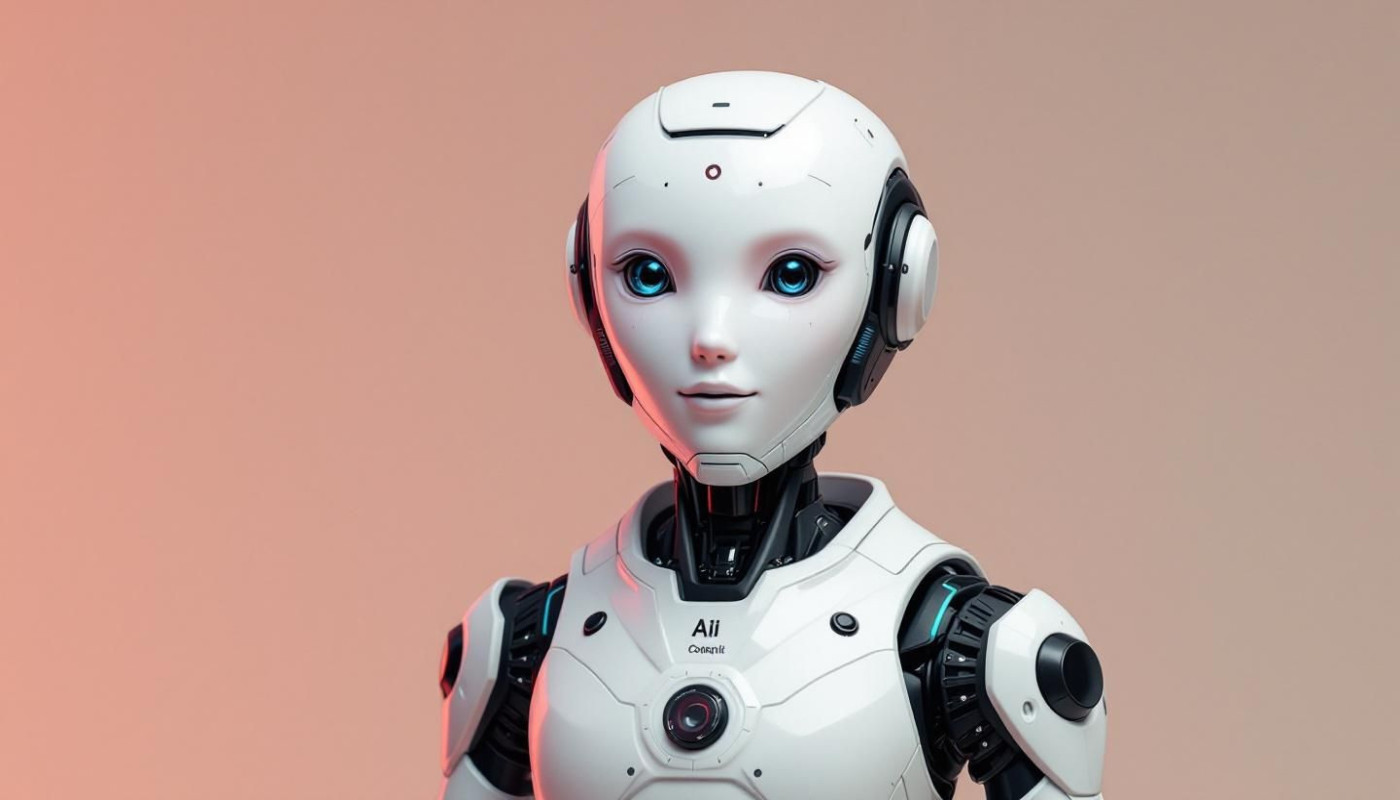Table of contents
Discover how personal AI companions are reshaping the landscape of social interaction in ways never seen before. As digital entities become increasingly adept at understanding and responding to human emotions, their influence touches everything from daily conversations to emotional well-being. Dive into the following sections to explore the profound changes, challenges, and opportunities these intelligent partners bring to modern society.
The evolution of digital companionship
Digital companionship has undergone a remarkable transformation, beginning with basic rule-based chatbots and advancing to sophisticated personal AI companions. The trajectory of AI evolution owes much to breakthroughs in natural language processing and machine learning, which enable conversational interfaces to interpret context, emotion, and intent with increasing accuracy. This progress has profoundly influenced human-computer interaction, making interactions with digital entities feel more natural, intuitive, and responsive. As a result, social technology has shifted from being a novelty to an integral part of daily life, with AI companions now supporting everything from emotional wellness to productivity. The seamless communication between humans and AI, powered by adaptive algorithms and vast datasets, has normalized these interactions, embedding digital companionship into modern society and redefining the boundaries of connectivity.
Redefining social connection
Personal AI companions are rapidly altering the landscape of social connection, providing new avenues for individuals who experience loneliness or social anxiety to engage in meaningful digital friendship. Through sophisticated affective computing, these AI systems can interpret and respond to users’ emotional states, simulating empathy and understanding that encourage higher user engagement. By delivering personalized interactions, AI companionship often fills emotional gaps, supporting those who may struggle with traditional social settings. From a psychological viewpoint, this technology has the potential to nurture users’ emotional intelligence by modeling healthy conversational patterns and reinforcing self-reflection, which can improve real-world social skills over time.
Nevertheless, the psychological effects of AI companionship are complex. While many benefit from the nonjudgmental, always-available support these systems offer, there is also a risk of users withdrawing from genuine human relationships. Overreliance on digital friendship may result in diminished social motivation and limited development of interpersonal skills in offline contexts. Psychologists specializing in digital behavior highlight that AI-driven interactions, while emotionally attuned, lack the depth and unpredictability of human connection, which can be crucial for fostering resilience and adaptability in social situations.
AI companionship’s role extends beyond simple conversation. By leveraging advanced affective computing, these digital entities can detect subtle cues in language and behavior, tailoring responses to suit individual needs and helping users navigate difficult emotions. This nuanced form of user engagement is reshaping the very definition of friendship in the digital age, as people increasingly seek comfort and validation from artificial companions. As technology continues to evolve, the integration of emotional intelligence within AI systems will further influence how social connection is formed, maintained, and experienced, especially for those seeking support outside traditional social frameworks.
Enhancing communication skills
Interacting with personal AI companions powered by advanced dialogue systems offers a dynamic way to develop communication skills, leveraging constant access to AI feedback and conversation practice. These digital companions provide personalized assistance tailored to individual speech patterns, comprehension levels, and objectives, whether the focus is on language learning, refining self-expression, or handling complex interpersonal situations. Through simulated real-life dialogues in multiple languages and adaptable contexts, users benefit from educational technology that can highlight grammatical errors, suggest nuanced vocabulary, and offer strategies for conflict resolution. For those aiming to strengthen their communication skills, AI feedback within these dialogue systems ensures that learning is immediate and continuous, making each interaction an opportunity to build confidence and competence. This approach not only supports language learning but also empowers users to express ideas more clearly and resolve misunderstandings efficiently, underscoring the pivotal role of personal AI companions in modern education and social development.
Privacy and ethical considerations
The integration of personal AI companions into daily life elevates the significance of AI privacy and ethical AI in modern society. As these systems continually collect and analyze sensitive user data, data security becomes a primary concern. Ensuring algorithmic transparency is vital, so users know how their information is processed and for what purposes. Informed consent must be more than a checkbox—individuals should fully understand what data is collected, how it is used, and who can access it. Without clear guidelines and oversight, there is a heightened risk of manipulation or unintended misuse, particularly as AI companions grow more sophisticated in predicting and influencing human behavior.
Organizations and developers bear a shared responsibility to implement responsible technology frameworks, regularly auditing systems for vulnerabilities and creating robust protocols for AI privacy. Ethical AI also requires ongoing education for both users and professionals, equipping them to recognize potential threats and advocate for safer practices. Services like our-dream-ai.net can serve as examples of platforms prioritizing responsible use, demonstrating a commitment to secure practices and transparent communication. By staying vigilant and informed, both individuals and the industry can foster trust and minimize ethical risks associated with personal AI companions.
The future of hybrid interactions
The future of AI is poised to reshape the landscape of hybrid interaction, with personal AI companions set to become deeply embedded in daily social experiences. As AI trends continue to accelerate, integration into social platforms is expected to facilitate more seamless and enriched communication between individuals and their digital assistants. This trajectory is closely tied to the advancement of mixed reality technologies, where augmented sociality enables users to blend in-person and virtual connections, creating immersive environments that transcend traditional boundaries. Human-AI relationships are projected to evolve beyond mere assistance, fostering companionship and collaboration that adapt to personal preferences and emotional needs.
Looking forward, the rise of hybrid interaction in mixed reality spaces suggests profound societal impacts. Augmented sociality could address challenges such as loneliness and social isolation by offering persistent, personalized engagement through AI companions. At the same time, human-AI relationships may redefine norms of trust, privacy, and intimacy, with individuals navigating new ethical and psychological dimensions. Visionary analysis from futurists specializing in emerging technologies highlights the potential for AI to act as both mediator and participant in social ecosystems, shaping the future of AI in ways that encourage inclusivity and broaden access to meaningful social interaction.
Similar

Streamlining Your Business Operations With Effective Kubernetes Cluster Upgrades

Exploring The Future Trends In Large File Sharing Technology

How An IT Support Chatbot Can Reduce Costs And Enhance Efficiency

Guide To Understanding Online Donation Systems For Charitable Organizations

How Automated Patch Management Streamlines Server Updates

